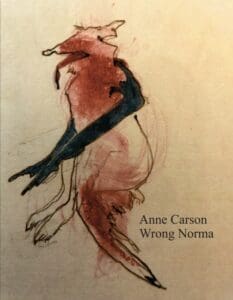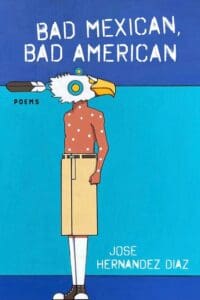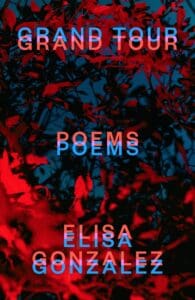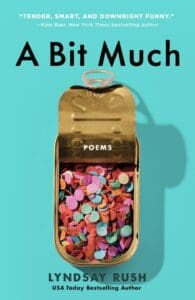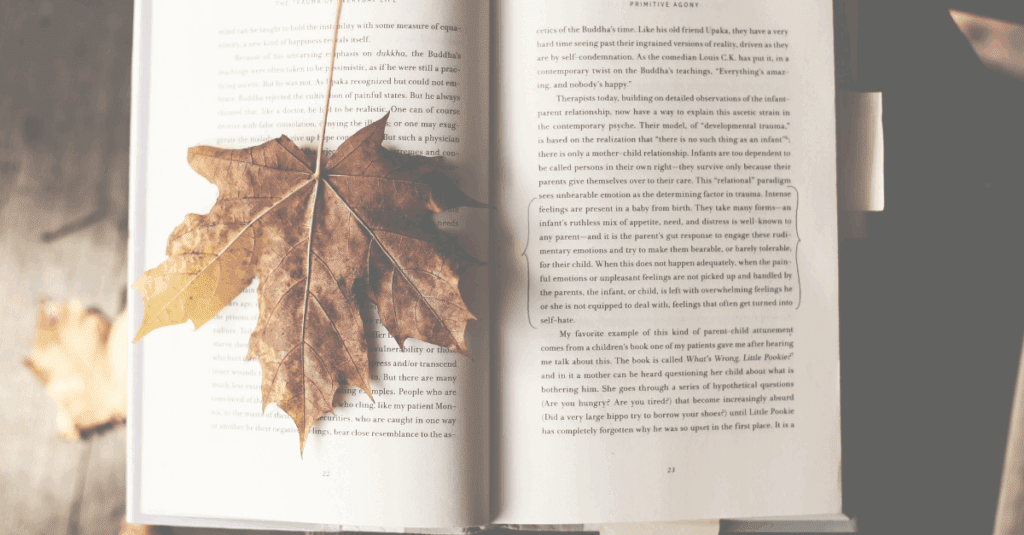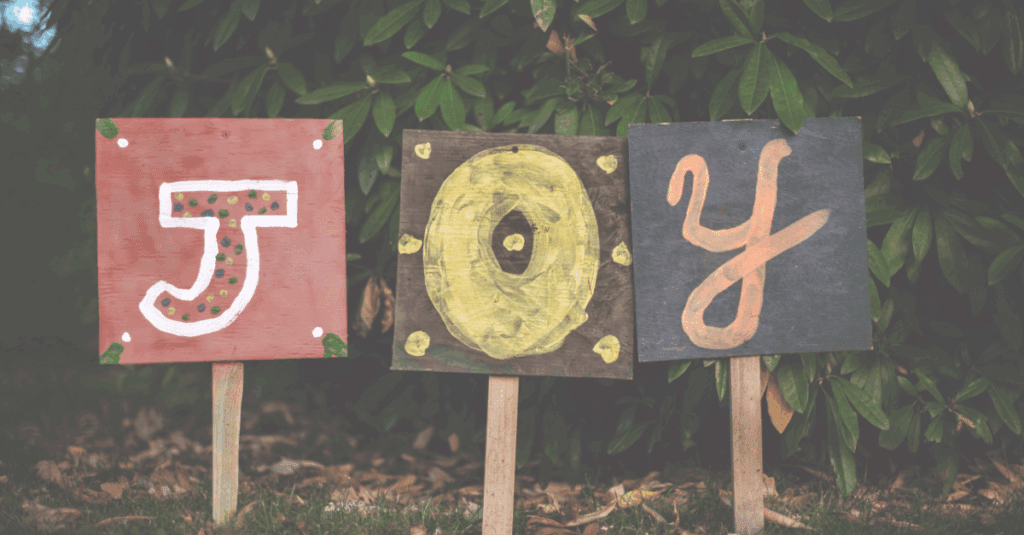Welcome to the age of cringe.
Or at least welcome to the age of everything from memes to poetry is either cringe or base. Either truly authentic and unapologetically individual, or embarasing beyond belief.
So, where does poetry fit into this new dichotomy?
Poetry has always been a way to express yourself in an authentic and individual way that only you can create. It speaks truth and creates art from out emotions, experiences, and identities.Naturally this would mean that all poetry is base, good, a pleasure to read.
Wait… what is that hiding in that old notebook stored away in a desk drawer? What are those notes written in the margins of books, on scraps of paper, and post-it notes? Is that a folder titled “Poetry (bad)” on your desktop? Are those really embarassing poems that you never want to see the light of day ever again!?
Let’s be real – we’ve all written our fair share of cringe poetry. We’ve all got an old poem stored somewhere we would rather die than let anyone read. Where the audience could keel over from secondhand embarassment if it was read aloud.
So, does that mean these cringey poems are inauthentic? Out of style? Untrue to the poets individuality, emotions, and beliefs? Turns out, cringe vs base poetry isn’t quite as simple as that. Let’s break it down.
What Is Cringe Poetry?
Cringe poetry isn’t necessarily bad poetry. Oftentimes some people – especially poetry snobs and try hards – might even go as far as to call it great poetry. Instead, cringe poetry is when it’s just too much. The poet is too eager to impress, go viral, or evoke a deep and emotional reaction without earning it.
Examples:
- Performative metaphors
- Lines to be tweeted
- Poems that uses trauma simply for shock value
- The overuse of cliche’s, such as “you were so cold you burned,” or “the stars whispered your name”
- Something you’d find on an inspirational pinterest board.
It’s the kind of poem that wears its heart on its sleeve, but is written in Comic Sans and trying a little too hard to make you feel something. It’s the poetic equivalent of quoting your Notes app ramblings at a open mic night and calling it a masterpiece.
The Cringiest Parts of Poetry
According to Jessie Gaynor of The Hub, the ten cringiest things in poetry are:
10. Instagram poetry.
9. Think-pieces about how Instagram poetry is ruining poetry.
8. Think-pieces about how Instagram poetry is saving poetry #letSylviaPlathpostbathingsuitpics.
7. The word “gossamer.”
6. Arbitrary line
breaks.
5. Poet Voice.
4. The moon.
3. The speaker.
2. The speaker, who is the moon.
1. When you see your poet ex at a poetry reading with their new poet partner who you recognize because you did a poetry MFA together and they once said your poetry was pedestrian and threw a lit cigarette at you outside a poetry party and everyone still took their side because they are the moon.
What is Base Poetry?
Base poetry, what all great poets strive for, even if they don’t know it, is bold. It’s feral, honest, and messy in a way that makes it hit harder than you would expect. It’s real, confessional, and confrontational. It doesn’t care if it makes sense or if you don’t like it. It just – is.
Often times base poetry is grounded in specificity, vulnerability, and honesty. Where cringe poetry puts on a show of being emotional and begs readers to see something meaningful in it’s lines, base poetry is brave in a way that isn’t calculated. It connects with readers without even trying.
Base poetry reads like:
- Screaming into the void but make it literary
- A hyper-personal confession that is somehow universal
- Poems that could be mistaken for a chaotic group chat or a Pulitzer entry.
Poets like Warsan Shire, Danez Smith, and Alok Vaid-Menon? Absolutely base. Their work is confrontational, lyrical, and unforgettable.
Wrong Norma, by Anne Carson
Published here in a stunning edition with images created by Carson, several of the twenty-five startling poetic prose pieces have appeared in magazines and journals like The New Yorker and The Paris Review. As Carson writes: “Wrong Norma is a collection of writings about different things, like Joseph Conrad, Guantánamo, Flaubert, snow, poverty, Roget’s Thesaurus, my Dad, Saturday night. The pieces are not linked. That’s why I’ve called them ‘wrong.'”
Bad Mexican, Bad American: Poems, by Jose Hernandez Diaz
In Bad Mexican, Bad American, the minimalist, working-class aesthetic of a “disadvantaged Brown kid” takes wing in prose poems that recall and celebrate that form’s ties to Surrealism. With influences like Alberto Ríos and Ray Gonzalez on one hand, and James Tate and Charles Baudelaire on the other, the collection spectacularly combines “high” art and folk art in a way that collapses those distinctions, as in the poem “My Date with Frida Kahlo” “Frida and I had Cuban coffee and then vegetarian tacos. We sipped on mescal and black tea. At the end of the night, following an awkward silence during a conversation on Cubism, we kissed for about thirty minutes beneath a protest mural by David Alfaro Siqueiros.”
Bad Mexican, Bad American demonstrates how having roots in more than one culture can be both unsettling and rich: van Gogh and Beethoven share the page with tattoos, graffiti, and rancheras; Quetzalcoatl shows up at Panda Express; a Mexican American child who has never had a Mexican American teacher may become that teacher; a parent’s “broken” English is beautiful and masterful. Blending reality with dream and humility with hope, Hernandez Diaz contributes a singing strand to the complex cultural weave that is twenty-first-century poetry.
Grand Tour: Poems, by Elisa Gonzalez
Grand Tour, the debut collection of poetry by Elisa Gonzalez, dramatizes the mind in motion as it grapples with something more than an event: she writes of a whole life, to transcendent effect. By the end, we feel we have been witness to a poet remaking herself.
Gonzalez’s poetry depicts the fullness of living. There are the small moments: “white wine greening in a glass,” trumpet blossoms “panicking across the garden.” Some poems adopt the oracular quality of a parable but invariably refuse a clear moral. The poet moves through elegy, romantic and sexual encounters, family history, and place–Cyprus, Puerto Rico, Poland, Ohio–all constellated in “a chaos of faraway.”
The collection is held together less by answers than by a persistent question: How doe you reconcile a hatred for the world’s pain with a love for that same world, which is indivisible from its worst aspects? Gonzalez’s poems draw us nearer to our own aliveness, its fragility and sustaining questions. “Since I do love the world,” she says, she keeps writing, inviting us to accompany her as she searches.
Gonzalez’s poems draw us nearer to our own aliveness, its fragility and sustaining questions. Her volcanic energy emerges from such great depth that when it breaks to the surface, it breaks blazing.
A Bit Much: Poems, by Lyndsay Rush
At long last, a book of poetry for people who didn’t even know they liked poetry. And they’re in good company: author Lyndsay Rush didn’t know she liked it either. That is, until she embarked on an internet experiment under the Instagram username @MaryOliversDrunkCousin that turned into a body of work that struck a chord with women across the country; thanks to her signature wordplay, witticisms, and-against all odds-wisdom.
With over 140 convention-bending poems-most of which are never-before-seen-this book is quite literally A Bit Much.
With titles like “Shedonism”, “Someone to Eat Chips With”, “It’s Called Maximalism, Babe”, and “Breaking News: Local Woman Gets Out of Bed”, Rush’s debut collection of poetry uses humor to grapple with the female experience-from questioning whether or not to have children, to roasting the patriarchy, to challenging what it means to “age gracefully”-and each piece delivers gut-punching truths alongside gratifying punchlines. Readers walk away from Lyndsay’s work feeling seen, celebrated, and wholly convinced that joy is an urgent, worthwhile pursuit.

